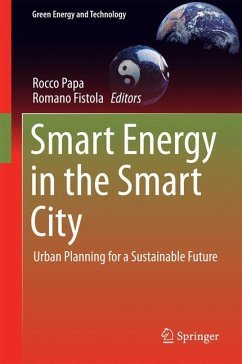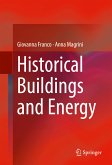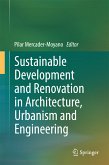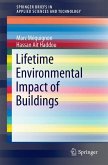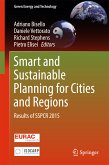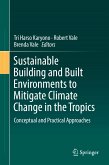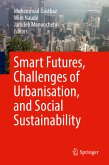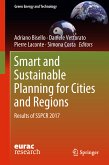This book examines the energy dimension of the smart city from the perspective of urban planning, providing a complete overview that ranges from theoretical aspects to practical considerations and projects. In addition, it aims to illustrate how the concept of the smart city can enhance understanding of the urban system and foster new forms of management of the metropolis, including with respect to energy supply and use. Specifically, the book explores the different dimensions of the relationship between energy and the city, discusses methodological issues with a special focus on ontological approaches to sustainability, and describes practices, tools, and good examples of energy-related urban planning. The authors represent the main Italian research groups working in the field, Italy being an excellent example of a country exposed to energy problems due to, for example, vulnerability to climate change and lack of primary energy resources. This book will be valuable for students of urban planning, town planners, and researchers interested in understanding the changing nature of the city and the challenges posed by energy issues.
Dieser Download kann aus rechtlichen Gründen nur mit Rechnungsadresse in A, B, BG, CY, CZ, D, DK, EW, E, FIN, F, GR, HR, H, IRL, I, LT, L, LR, M, NL, PL, P, R, S, SLO, SK ausgeliefert werden.

